How to start your career in Quantum Computing
Have you recently graduated from high school or completed your Bachelor's degree? Wondering what’s next? Consider launching your career in the exciting field of Quantum Computing!

Right now, students all over Europe are in the thick of their finals, aiming for those top grades. But beyond the stress of exams, it’s also a great time to think about where your career might lead. One exciting area that’s making waves is quantum computing. These cutting-edge technologies are moving out of the lab and into the real world.
Top universities to start your career in Quantum Computing
If you’re curious about this field, The Quantum Insider has put together a handy list of universities that specialize in quantum computing research, which you can find here. Under the top three are California Institute of Technology (CALTECH), Massachusetts Institute of Technology (MIT) and Standford University. And guess what? ETH Zurich is names under the Top 20 as well. With our office in St.Gallen, we’re thrilled to be part of this community filled with brilliant minds and scientists.
Top Universities for Quantum Computing in the DACH region
Expanding on The Quantum Insider’s insights, we’d like to spotlight universities within our ecosystem in Germany – Austria – Switzerland that provide outstanding quantum computing education in Austria and Germany.
Top Universities for Quantum Computing Education in Austria
1. Vienna Center for Quantum Science and Technology (VCQ):
- The Vienna Center for Quantum Science and Technology (VCQ) is one of Europe’s premier quantum research hubs, including 31 research groups from the University of Vienna, TU Wien, the Austrian Academy of Sciences, and the Institute of Science and Technology Austria.
- Their research areas stretch from fundamental quantum physics to new quantum technologies.
- View current PhD Positions at VQC here.

2. Institute for Quantum Optics and Quantum Information (IQOQI), Innsbruck:
- The Institute for Quantum Optics and Quantum Information (IQOQI) in Innsbruck, affiliated with the Austrian Academy of Sciences, focuses on both theoretical and experimental quantum optics and information.
- Research areas include quantum computation with trapped ions, quantum gases of strongly magnetic atoms, and complex quantum many-body behaviour. Under the guidance of Nobel laureate physicist Anton Zeilinger, the IQOQI has made significant advancements in quantum entanglement, quantum teleportation, and the foundations of quantum mechanics
- Find the list of open positions here.
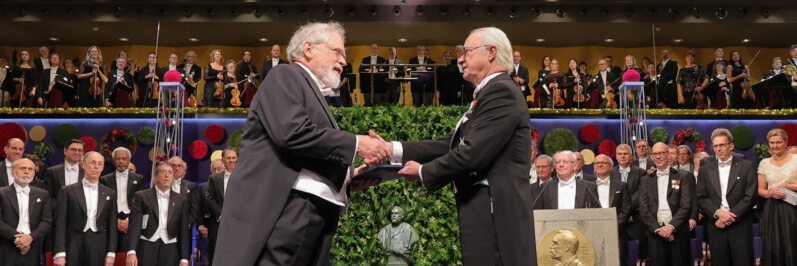
3. Technical University of Vienna (TU Wien):
- As mentioned above, TU Wien is a part of the VCQ, one of the largest quantum hubs in Europe.
- TU Wien offers an interdisciplinary master’s program that covers quantum physics, quantum technology and devices, and quantum information and computing. This program aims to provide a holistic understanding of quantum information technology and advance its development through innovative approaches. More info here.
- TU Wien collaborates with other universities and companies on interdisciplinary projects, such as combining quantum computers and supercomputers. Read about this here.

4. University of Applied Sciences Vienna:
Starting in fall 2024, the University of Applied Sciences Vienna will offer a new Master’s degree program in Quantum Engineering. This program is designed to provide students with comprehensive knowledge and practical skills in Quantum Computing. A significant feature of this program is its strong emphasis on practical experience through industry collaboration. Students will have opportunities to work on real-world projects with leading companies in the quantum technology sector. Check out this website for more information.

5. Johannes Kepler University Linz (JKU):
- JKU offers strong collaboration between computer science, physics, and engineering departments to advance quantum computing research. The faculty maintains strong connections with industry leaders like QMware, which supported scientist Felix Gemeinhardt during a project in the field of optimization in the manufacturing industry. Read our latest Interview with Felix Gemeinhardt here.
- Master’s Programs: The university provides a Master’s degree in Computer Science with elective subjects in quantum computing and quantum information. More info here.
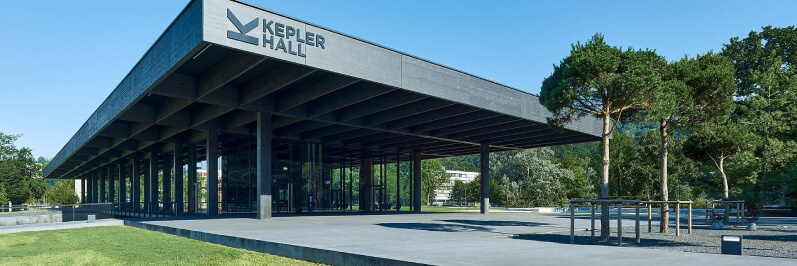
Top Universities for Quantum Computing Education in Germany
1. Technical University of Munich (TUM) / Ludwig-Maximilians-Universität München (LMU):
- The Quantum Science & Technology master’s program is a collaborative effort with Ludwig-Maximilians-Universität (LMU). Key study areas include quantum computers, quantum sensing, quantum simulation, quantum materials, and quantum cryptography.
- Graduates of this Master’s program are trained to work in interdisciplinary research teams at universities and in the high-tech industry. Another career path includes founding or joining start-ups, which are often launched directly from universities. A strategic connection to UnternehmerTUM provides a particularly advantageous synergy for such ventures. Check out this page for more info
- The Chair of Quantum Algorithms and Applications offer interesting and responsible PhD/PostDoc positions with continuing education and development opportunities. Read more here.
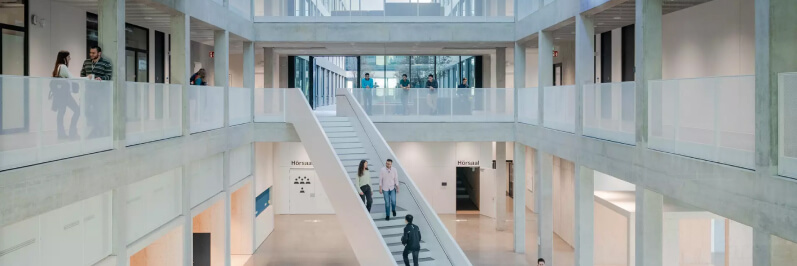
2. University of Würzburg: Offers a specialized program in Quantum Engineering.
- The Master’s program in Quantum Engineering at the University of Würzburg is a two-year, research-oriented program designed to deepen students’ knowledge in both theoretical and experimental quantum physics. The program includes a one-year integrated project within a faculty research team, consisting of three units with distinct learning goals, unified into a comprehensive research topic. Find out more details here.
- The program is taught entirely in English, making it accessible to international students, and it adheres to the Bologna process, ensuring compatibility with the European Higher Education Area. Graduates of this program have gone on to pursue PhDs at prestigious institutions like Stanford, Berkeley, Oxford, and Cambridge, or have joined major international companies in various sectors such as engineering, energy, healthcare, and finance. Read about it here.
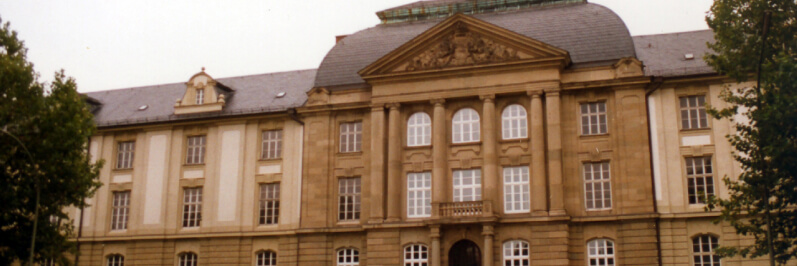
3. University of Bonn:
The University of Bonn offers a robust quantum computing program through its participation in the “Matter and Light for Quantum Computing” (ML4Q) Cluster of Excellence. This program is a collaborative effort involving the universities of Cologne, Aachen, and Bonn, as well as Forschungszentrum Jülich. View more here. The advanced courses cover topics such as quantum circuits, quantum algorithms, quantum computers, quantum noise, and quantum error correction. View more here.
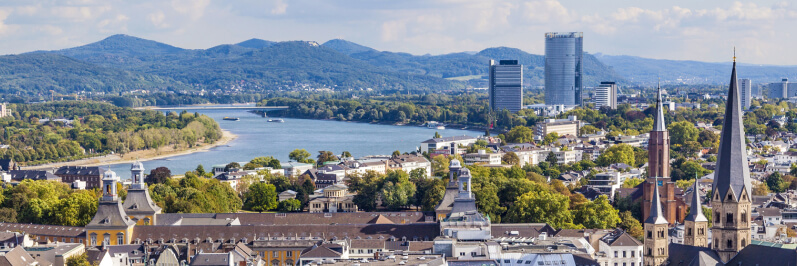
4. University of Aachen:
The RWTH Aachen University offers a specialized Master’s program in Quantum Technology, developed in collaboration with the Faculty of Electrical Engineering and Information Technology. This program includes both theoretical and experimental courses, along with a dedicated lab course to apply theory in practice. Starting from the winter semester of 2019/20, it aims to equip students with the skills needed for research and industrial applications in quantum technology. Learn more here.
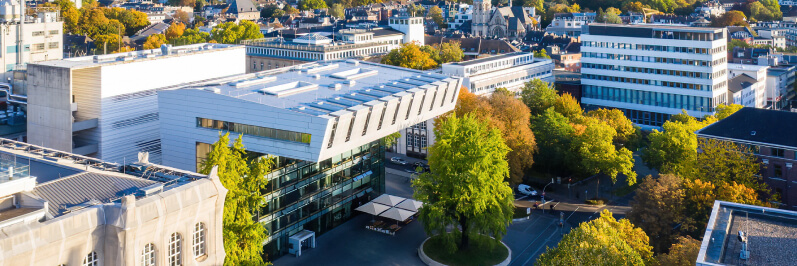
5. University of Tübingen:
- Within the Faculty of Mathematics and Natural Sciences at Tübingen, there is a strong and diverse focus on quantum science research. The Center for Quantum Science unifies research groups that work on include superconductivity, nanotechnology, ultracold atoms and their interaction with light, and quantum many-body physics.
- Check out the Master’s program in Advanced Quantum Physics at the University of Tübingen which offers knowledge in quantum science, hands-on lab courses, research opportunities, and an optional industrial internship, all taught in English over two years.
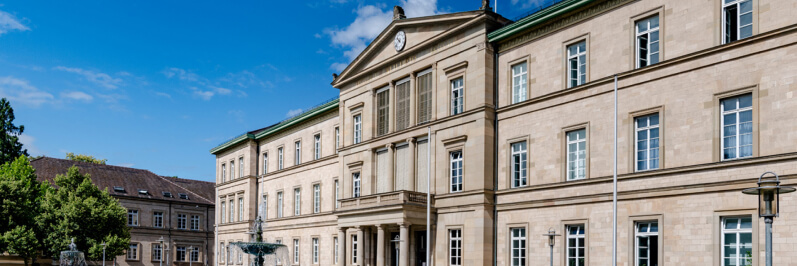
6. Leibniz University Hannover / TU Braunschweig (combined):
- The Quantum Engineering Master’s program at Leibniz University Hannover in collaboration with Technical University of Braunschweig combines fundamental quantum physics and industrial applications. The curriculum covers communication, simulation, sensors, and computation, with courses in quantum mechanics, electrical engineering, quantum communication, metrology, simulation, and computing. Read more here.
- Some courses are held at Technische Universität Braunschweig. Taught in English, the program is accessible to international students and aims to transfer quantum technology solutions from research to industry.It’s part of the TU9, an alliance of the nine leading technical universities in Germany. Ideal for those at the forefront of the second quantum revolution.
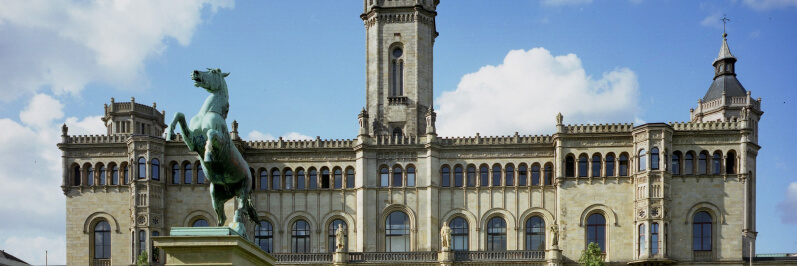
7. University of Stuttgart:
Since 2014, the University of Stuttgart, Ulm University, and the Max Planck Institute for Solid State Research have collaborated on the Center for Integrated Quantum Science and Technology (IQST). At the Center for Applied Quantum Technology (ZAQuant), scientists develop advanced nanophotonic quantum sensors to improve sensitivity, specificity, and energy efficiency. ZAQuant also has top-tier labs for quantum sensor research. Additionally, University of Stuttgart researchers are key players in building Europe’s most powerful quantum computer at the Competence Center Quantum Computing Baden-Württemberg. Click here for further reading.
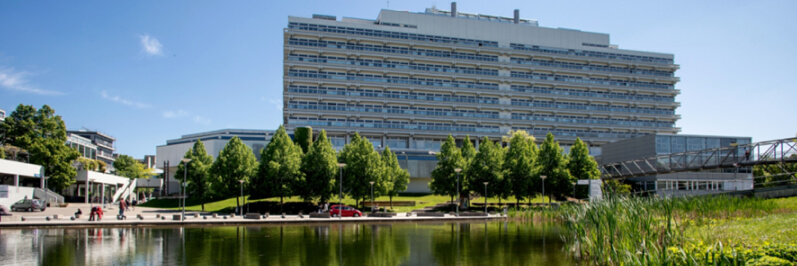
Top Universities for Quantum Computing Education in Switzerland
1. ETH Zürich:
- The Quantum Center at ETH Zurich coordinates a wide range of scientific and structural activities in quantum science and technology. Key initiatives include the ETH Zurich – PSI Quantum Computing Hub, which focuses on advancing quantum computers using ion traps and superconducting components, and the Swiss Quantum Initiative, which consolidates Switzerland’s position in quantum science. Additionally, the center offers Faculty Fellowships to attract top scientists and the INSPIRE Potentials – Quantum Center Master Award to encourage female students in underrepresented fields. Read more here.
- The Master in Quantum Engineering at ETH Zurich is designed to equip students with a strong knowledge base for the emerging field of quantum technology. Launched in 2019, this program is a collaboration between the Departments of Information Technology and Electrical Engineering (D-ITET) and Physics (D-PHYS). The community Quantum Engineering Commission (QEC) organises various activities, including scientific talks through the Quantum Paper Club, hackathons, and networking events to enhance the students’ learning experience. This link will tell you more.
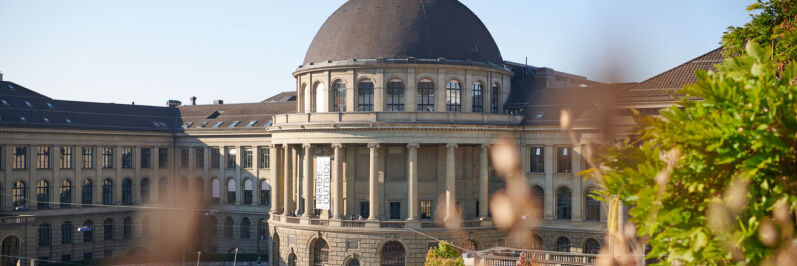
2. EPFL (École Polytechnique Fédérale de Lausanne):
- The EPFL Center for Quantum Science and Engineering (QSE Center) serves as a hub for cross-disciplinary research, education, and innovation in quantum science and engineering. The center focuses on key areas such as quantum hardware, software, and applied quantum algorithms.
- The Master’s program in Quantum Science and Engineering at EPFL (École Polytechnique Fédérale de Lausanne) is designed to equip students with the skills needed to excel in the quantum field. Graduates from this program are well-prepared for careers in both academia and industry, particularly in sectors that are increasingly integrating quantum technologies. The program is interdisciplinary, welcoming students from various backgrounds such as physics, mathematics, computer science, and engineering. More info here.
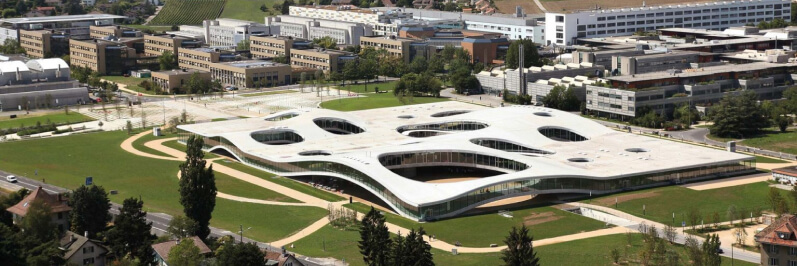
3. University of Basel
- The Basel Quantum Center at the University of Basel consists of 15 research labs focusing on condensed matter, atomic, molecular, and optical systems. Some researchers are also part of the Center for Quantum Computing and Quantum Coherence (QC2), which aims to explore the feasibility of scalable quantum computers under realistic conditions. Additionally, the Quantum Center collaborates with the Albert-Ludwigs University in Freiburg, Germany, through a cross-border postdoc cluster. Click here for more details.
- The Basel Quantum Center offers various opportunities for students and researchers. For Bachelor and Master theses, students are encouraged to contact group PIs to discuss potential topics. The center is also actively seeking motivated PhD candidates and postdoctoral fellows, with details available on the research groups’ websites. Find the position and theses here.
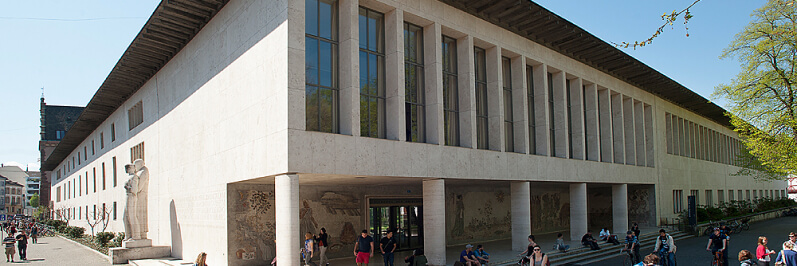
4. University of Geneva
- The Geneva Quantum Centre (GQC) at the University of Geneva is a hub for cutting-edge research and education in quantum science and technology. It focuses on four primary research areas: Quantum Information & Communication, Quantum Computation & Simulation, Quantum Sensing & Metrology, and Quantum Materials. More info here.
- The Geneva Quantum Centre (GQC) is dedicated to providing top-tier education in Quantum Science and Technology at the Bachelor, Master, and Doctoral levels. At the Master level, it offers interdisciplinary programs combining lectures on quantum information, materials, and computation, with contributions from both theoretical and experimental experts. For Doctoral students, GQC supports courses by international experts and aims to collaborate with EPFL Lausanne and ETH Zurich to enable student exchanges and research collaborations. Find more under this link.
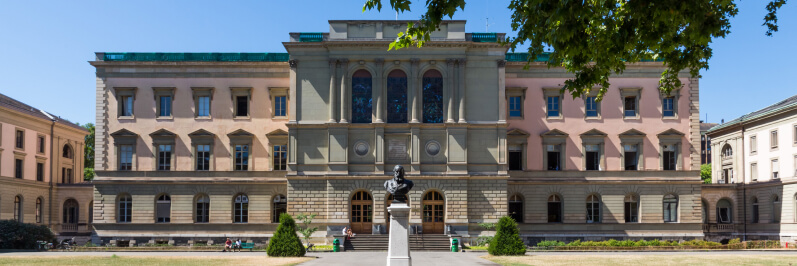
These institutions are at the most prestigious and advanced ones in quantum research and education, making them excellent choices for aspiring quantum technologists.